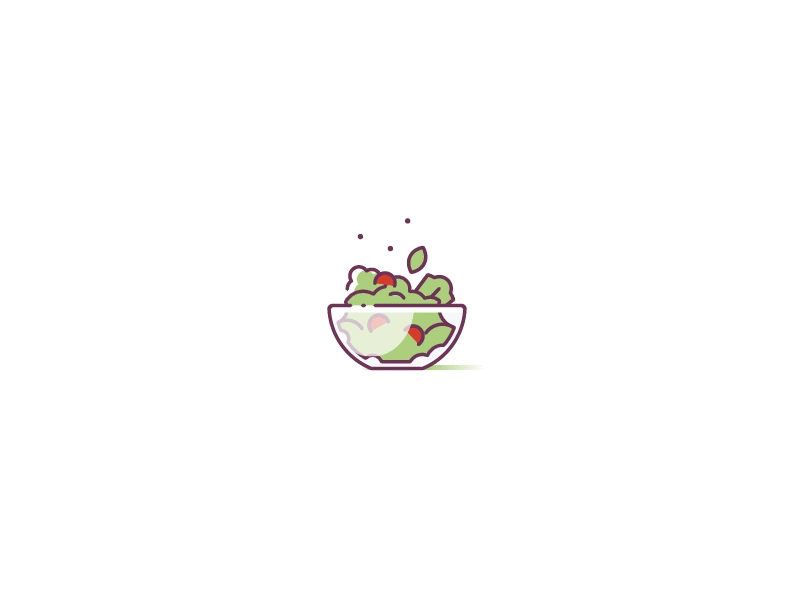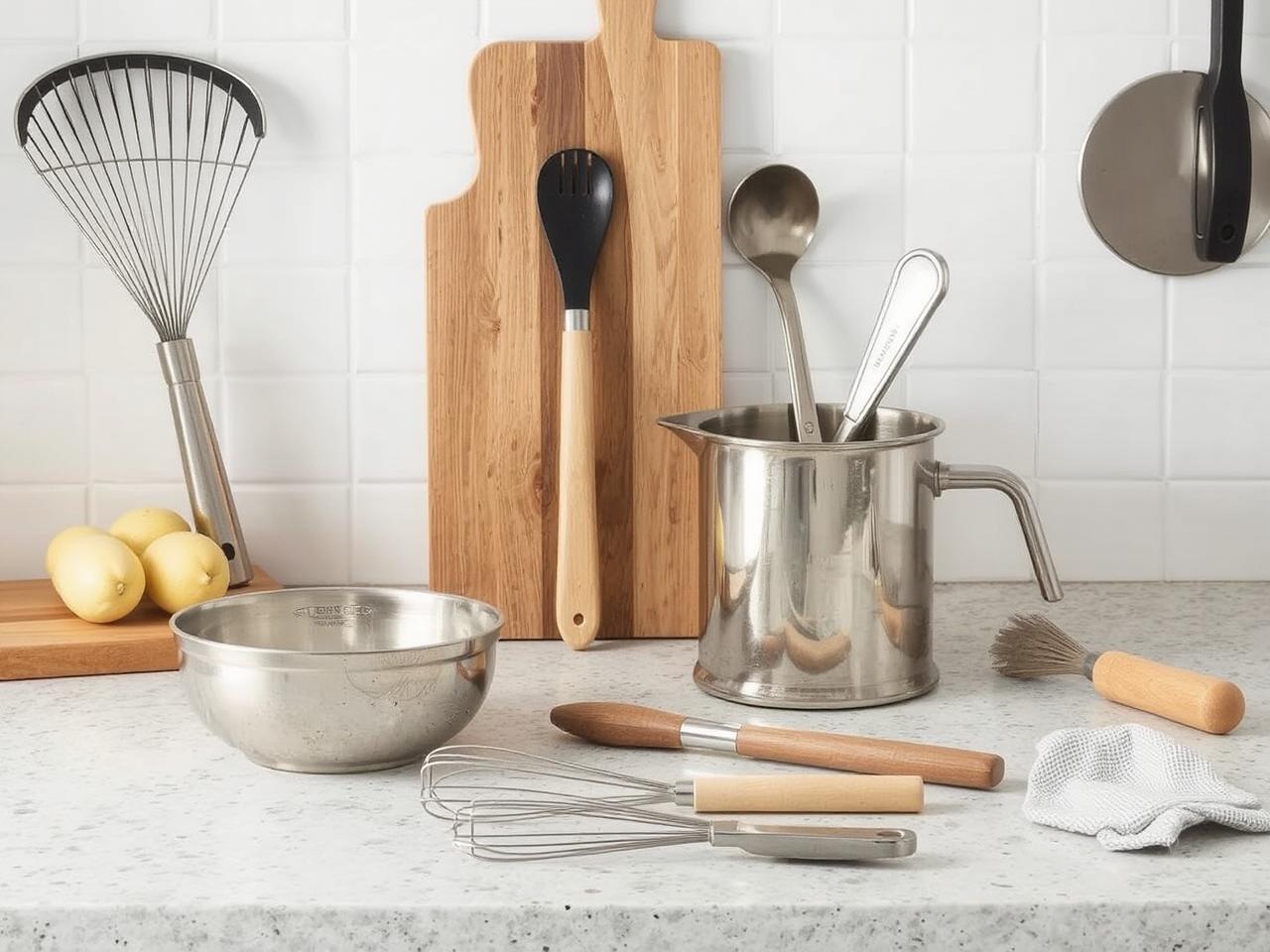A well-balanced chef's knife, for instance, is essential for any home cook. It should feel comfortable in your hand, with a sharp blade that glides through ingredients effortlessly. Investing in a high-quality knife can elevate your cooking, making tasks that once felt laborious into enjoyable activities.
You might find that the joy of cooking increases significantly when you have a reliable knife at your disposal. Moreover, the world of knives is vast and varied, encompassing a range of styles and purposes. From paring knives for intricate tasks to serrated knives for slicing bread, each type serves a unique function in the kitchen.
Understanding the different knives and their uses can enhance your culinary repertoire. For example, a boning knife is invaluable when working with meats, allowing you to navigate around bones with precision. As you explore various knife techniques, you may discover that mastering the art of knife skills not only improves your efficiency but also boosts your confidence in the kitchen.
The more comfortable you become with your knives, the more adventurous you may feel in trying new recipes and techniques.
Cutting Boards

Choosing the Right Cutting Board
Once you have your knives ready, the next essential tool is the cutting board. This seemingly simple item plays a crucial role in food preparation, providing a stable surface for chopping and slicing. Choosing the right cutting board can significantly impact your cooking experience.
Materials and Their Characteristics
Wooden boards are often favored for their aesthetic appeal and durability, while plastic boards are easy to clean and sanitize. Each material has its pros and cons, and understanding these can help you make an informed decision based on your cooking habits. You might find that having multiple cutting boards for different tasks—such as one for meats and another for vegetables—can help prevent cross-contamination and keep your food safe.
Size and Thickness Considerations
In addition to material considerations, the size and thickness of your cutting board can also influence its functionality. A larger board gives you ample space to work on multiple ingredients simultaneously, while a thicker board can withstand heavy chopping without warping or damaging. As you become more comfortable in the kitchen, you may appreciate the importance of maintaining your cutting boards properly.
Maintenance and Care
Regular oiling of wooden boards can prolong their life and keep them looking beautiful, while thorough cleaning of plastic boards ensures they remain hygienic. By investing time in selecting and caring for your cutting boards, you create a solid foundation for all your culinary endeavors.
Measuring Cups and Spoons

Precision is key in cooking, and this is where measuring cups and spoons come into play. These tools are indispensable for ensuring that your recipes turn out as intended. Whether you're baking a cake or preparing a savory dish, accurate measurements can make or break your culinary creations.
You might find that using dry measuring cups for flour and sugar, along with liquid measuring cups for oils and water, helps you achieve the perfect balance of flavors and textures. Investing in a set of measuring spoons can also enhance your cooking by allowing you to add spices and seasonings with confidence. Beyond just measuring ingredients, these tools can also serve as a guide to understanding proportions in cooking.
As you become more familiar with various recipes, you may start to experiment with ingredient ratios, adjusting them to suit your taste preferences. This newfound freedom can lead to exciting culinary discoveries as you learn how different flavors interact with one another. Additionally, having a variety of measuring tools at your disposal can inspire you to try new recipes that require precise measurements, expanding your cooking repertoire even further.
Mixing Bowls

Mixing bowls are another essential component of any well-equipped kitchen. These versatile vessels come in various sizes and materials, making them suitable for a wide range of tasks—from whisking eggs to tossing salads or marinating meats. When selecting mixing bowls, consider opting for a set that includes different sizes to accommodate various recipes.
A large bowl is perfect for mixing dough or batter, while smaller bowls are ideal for preparing sauces or dressings. You may find that having multiple mixing bowls on hand allows you to streamline your cooking process, keeping ingredients organized and easily accessible. In addition to their practical uses, mixing bowls can also add an element of style to your kitchen.
Many bowls come in vibrant colors or unique designs that can enhance your kitchen decor while serving a functional purpose. As you mix ingredients together, you might enjoy the visual appeal of a beautifully crafted bowl filled with fresh produce or colorful batter. Furthermore, using mixing bowls encourages creativity in the kitchen; as you experiment with different recipes and techniques, you'll likely discover new ways to combine flavors and textures that delight both your palate and those of your family and friends.
Pots and Pans
No kitchen is complete without a good set of pots and pans. These essential cookware items are fundamental for preparing a wide array of dishes—from simmering sauces to frying vegetables or boiling pasta. When choosing pots and pans, consider materials such as stainless steel, cast iron, or non-stick coatings, each offering unique benefits depending on your cooking style.
For instance, cast iron skillets are renowned for their heat retention and versatility, allowing you to sear meats on the stovetop before transferring them to the oven. On the other hand, non-stick pans make it easy to cook delicate items like eggs without worrying about sticking. As you explore the world of pots and pans, you'll likely find that having a variety of sizes is beneficial for different cooking tasks.
A large stockpot is perfect for making soups or stews, while smaller saucepans are ideal for heating sauces or preparing side dishes. Additionally, investing in high-quality cookware can enhance your cooking experience by providing even heat distribution and durability over time. As you become more adept at using pots and pans, you'll discover new techniques and methods that allow you to create delicious meals with ease.
Kitchen Thermometer

Accurate Temperature Control for Perfect Cooking
With a reliable kitchen thermometer, you can ensure that meats are cooked to perfection—juicy on the inside while maintaining a beautiful crust on the outside. Digital instant-read thermometers make it easy to check temperatures quickly without losing heat from the oven or grill.
Versatility in the Kitchen
Kitchen thermometers are not only useful for meat preparation but also for candy-making or baking delicate pastries. Understanding temperature control can elevate your culinary skills to new heights as you learn how different temperatures affect texture and flavor development.
Experiment with Confidence
As you gain confidence in using a thermometer, you'll likely feel empowered to experiment with various cooking techniques that require precise temperature management—leading to delicious results that impress both yourself and those who share in your culinary creations.
Kitchen Scale
For those who take their cooking seriously or enjoy baking as a hobby, a kitchen scale is an essential tool that should not be overlooked. Unlike measuring cups that can vary based on how ingredients are packed or leveled off, a scale provides precise measurements by weight—ensuring accuracy every time you cook or bake. This level of precision is particularly important when working with ingredients like flour or sugar, where even slight variations can impact the final outcome of your dish.
You may find that using a kitchen scale allows you to replicate recipes consistently while also giving you the freedom to experiment with ingredient ratios. Moreover, utilizing a kitchen scale can help you develop a deeper understanding of ingredient properties and how they interact during cooking or baking processes. As you weigh ingredients rather than relying solely on volume measurements, you'll begin to appreciate the science behind cooking—leading to more successful outcomes in your culinary endeavors.
Additionally, many professional chefs rely on scales for their accuracy; by incorporating this tool into your own kitchen routine, you'll be adopting practices that elevate your skills to a more professional level.


